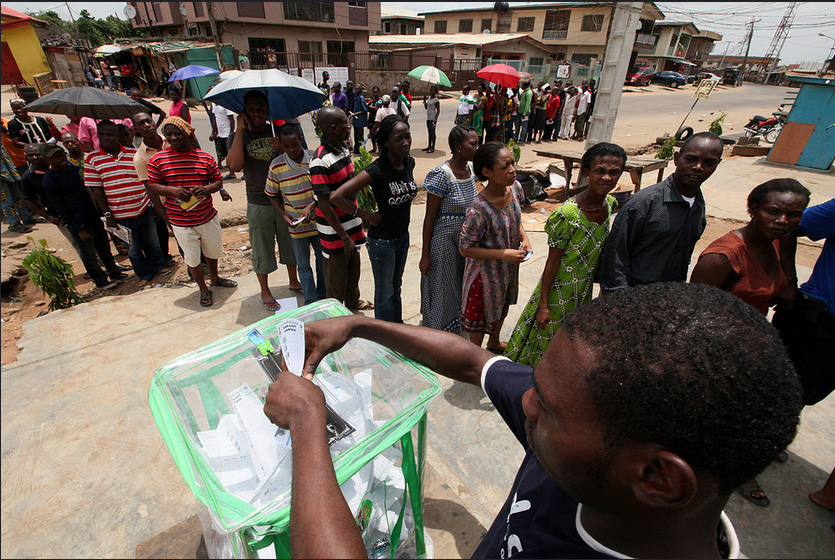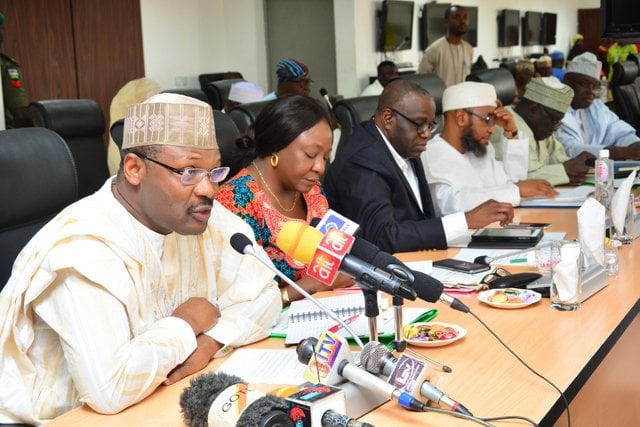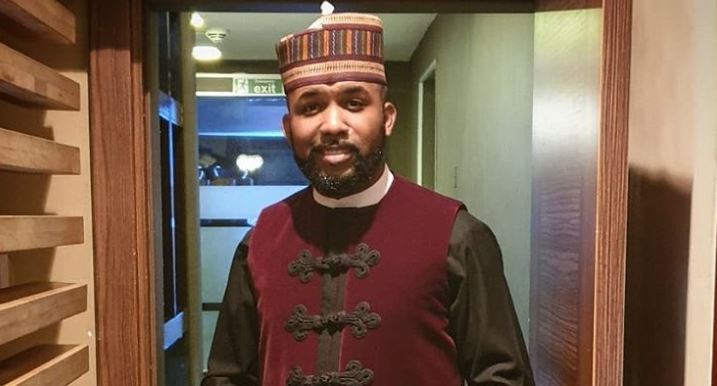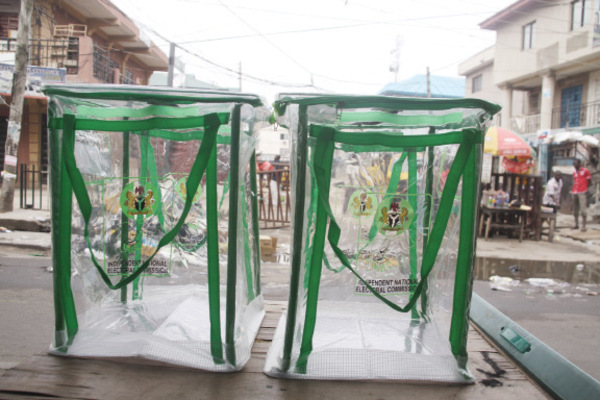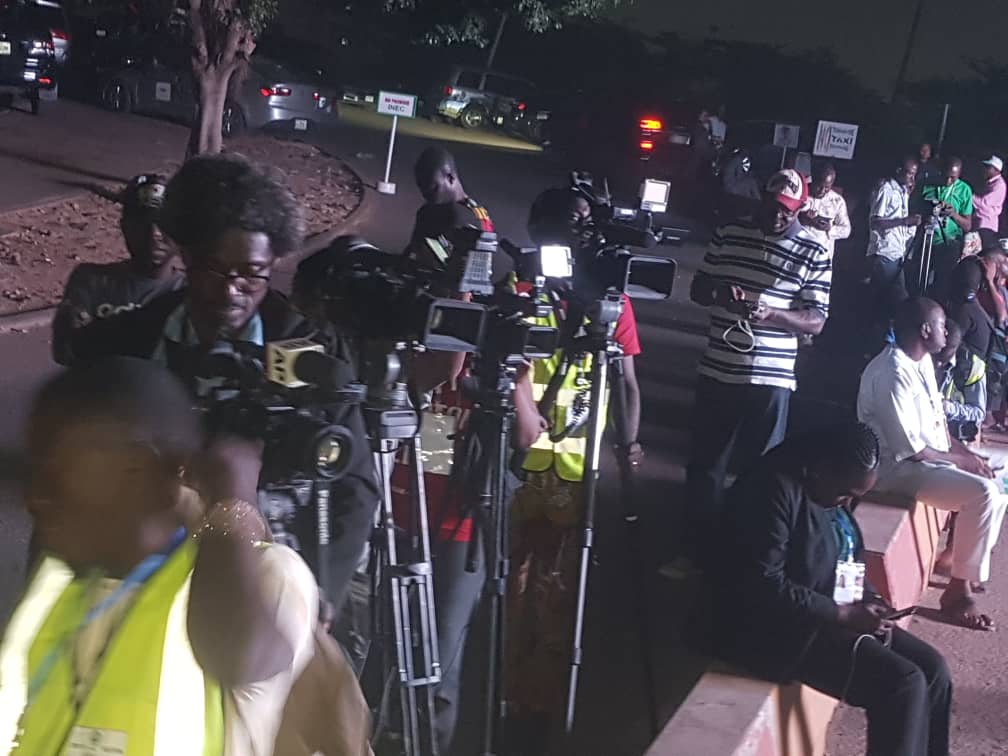There will be low youth turn out for the February 16 presidential election, and the March 2, gubernatorial elections, a study has revealed.
The study titled “role of youth-led organisations in peaceful elections and political participation of young people” was conducted as part of the UNESCO Youth Civic Engagement Initiative.
The study was implemented in Lagos state by One African Child Foundation for Learning; in Oyo and Osun states by Building Nations Initiative (BNI); and in Kwara and Ekiti States by Women and Youth Development Foundation (WOYODEV).
A total of a hundred and sixty-six (166) youth-led organisations were identified by respondents to be actively involved in promoting political participation among young people and peaceful elections.
Advertisement
The study targeted young people between ages 18-45 within the study areas who are members, staff, volunteers, and/or beneficiaries of programs organized by youth-led organisations.
A total of 789 respondents participated in the survey, an approximate of five young persons per youth-led organisations.
Respondents were drawn from Junior Chambers International (JCI), AISEC, All Nigeria United Nations Students’ Association (ANUNSA), YALI Network, Youth Aid Development Foundation, among many others.
Advertisement
The Independent National Electoral Commission INEC has reported that young people constitute the majority of the registered voters, hence are key determinant of the winners of 2019 elections.
Based on age distribution, young people between the ages of 18 and 35 years constitute the highest number of registered voters with 51.11 per cent, which is 42,938,458 voters of our 84 million registered voters.
According to occupation distribution, 26.57% of registered voters are students who are mostly young people.
This youth voting power offers young people the opportunity to maximize their demographics towards promoting their inclusive and active participation in political life.
Advertisement
However, according to this report, analysis of political participation levels among young people, revealed a progressive decline in the level of participation of respondents in political life.
While majority (71.1%) of the respondents had participated in one civic education/political-based seminar/event from one youth organization or the other, the sensitization from such programmes still remains to translate to full actions with respect to variables of political participation measured.
For example, while over half (68.8%) of the study respondents reported having permanent voters cards, a lower proportion (51.4%) reported ever going to vote during elections.
Again, this study reveals that while over 80% of the respondents hold the perception to vote whether one believes their vote will count or not, only about 68% of respondents reported to currently have a permanent voters card and about 50% had previously voted in an election.
Advertisement
This is a pointer to the fact that while perceptions to political participation may be changing and becoming more favourable, there may be need to provide very significant cues to action for corresponding behaviour that will result into active political participation of young people.
FEMALES ARE LESS ACTIVE, POLITICALLY
Also, this study showed that for every three males who are politically active, only one female is politically active.
Advertisement
In order of most challenging to least challenging, respondents listed the belief that elections can never be fair, mistrust for political leaders, lack of proximity to polling unit where a young person registered, and ASUU strike as challenges to youth voters turn out in the forthcoming elections.
The study also revealed that 31.2 % of the respondents who do not possess a voters card were unable to participate in the voter registration exercise owing to time constraints and busy schedules as career professionals and students.
Advertisement
Technical challenges on the part of INEC staff, disorderliness, long queue, and distance to PVC registration centres were also identified as reasons for not participating in the voters registration exercise.
On the perception of young people to peaceful elections, a greater proportion of respondents in the study had positive perceptions towards peaceful elections and the prevention of election violence.
Advertisement
However, a little proportion of respondents still held negative perceptions.
For instance, about 17% of respondents still favoured the idea of godfatherism in elections in Nigeria, which previous studies have reported as one of the causes of election violence in some part of Nigeria.
This is thus a call to youth-led organizations already working around sensitizing on peaceful elections and political participation to intensify their effort in promoting peace, as the mischievous act of these seemingly few respondents who still hold a favourable disposition towards election violence could be far-reaching in causing political instability and prevention of peaceful elections.
Add a comment
